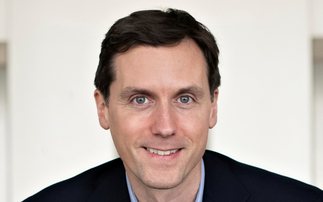In this series, we challenge common misconceptions that have led to the increased prevalence of passive investments in defined contribution (DC) schemes. To help trustee and corporate advisors weigh the pros and cons of active management, we perform a reality check on each misconception, referencing fiduciary principles and market data.
In this installment, we address two misconceptions:
- Future investment returns will be similar to historical returns.
- Passive investments always outperform active funds.
It is hard to ignore the trend towards passive investments in DC schemes that has taken place over the past decade. Various factors — such as pressure on fees as a result of the charge cap and the outperformance of passive strategies against many of their active counterparts — have driven the rise in passive strategies in DC schemes.1
But DC schemes can be steered away from active management by misconceptions such as those above. In setting the record straight, we hope to demonstrate that there is an important role for active management in DC schemes seeking to provide an adequate retirement outcome for members.
Misconception #1: Future investment returns will be similar to historical returns
A combination of consistent savings behaviour, time horizon and strong investment returns is necessary to potentially deliver positive retirement outcomes for DC members. Focusing on the return part of that equation, our most recent Long Term Capital Market Expectations estimates that future returns could be significantly less than in the past.
For institutional and investment professional use only. Issued by MFS International (U.K.) Limited ("MIL UK"), a private limited company registered in England and Wales with the company number 03062718, and authorised and regulated in the conduct of investment business by the UK Financial Conduct Authority. MIL UK, an indirect subsidiary of MFS®, has its registered office at One Carter Lane, London, EC4V 5ER and provides products and investment services to institutional investors globally.









